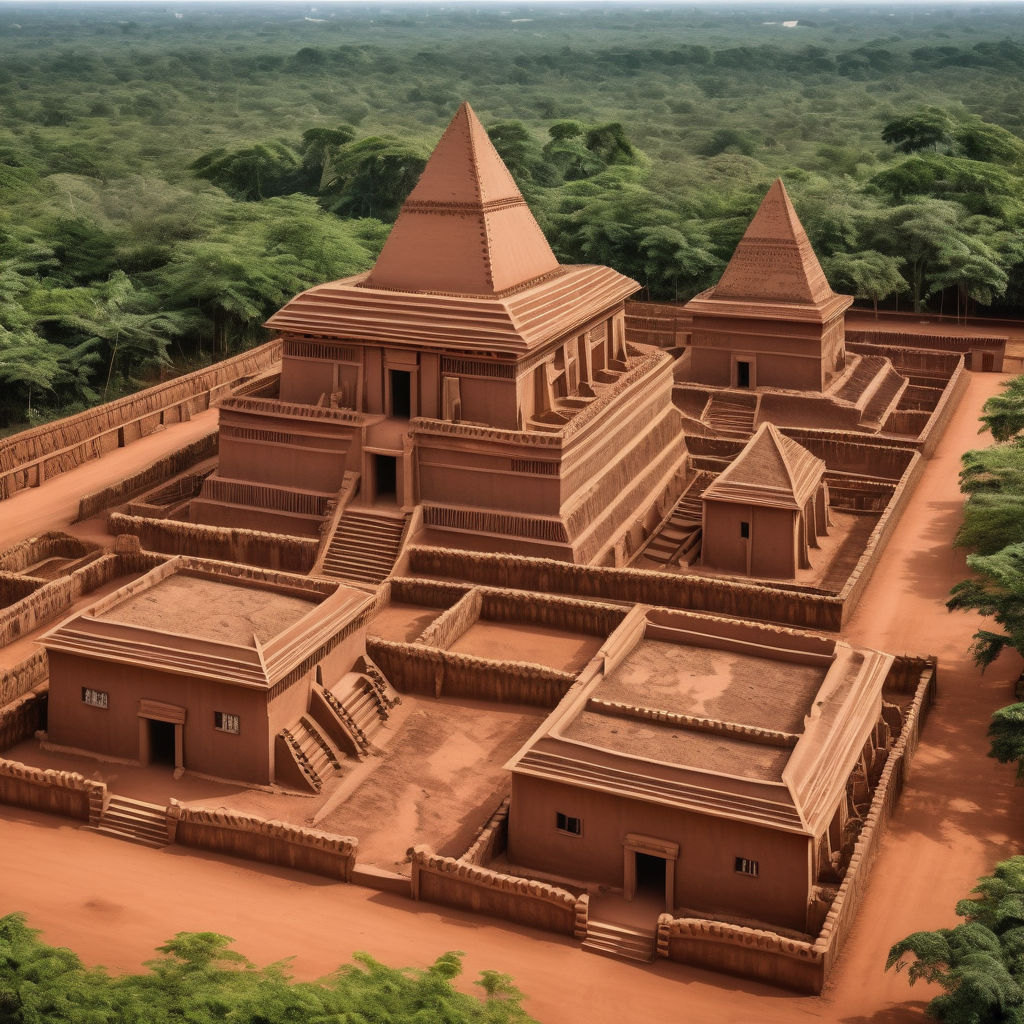Introduction to Benin: Culture, Heritage, and Cross-cultural Engagement
Discover Benin's Rich Cultural Heritage and Cross-cultural Connections

Introduction to Benin
Benin, officially known as the Republic of Benin, is a country in West Africa bordered by Togo to the west, Nigeria to the east, Burkina Faso and Niger to the north, and the Atlantic Ocean to the south. Its capital is Porto-Novo, but the seat of government is in Cotonou, the country's largest city and economic hub. Other major cities include Parakou, Djougou, and Abomey-Calavi. Benin has a rich cultural heritage influenced by its historical kingdoms, particularly the Kingdom of Dahomey. The country is known for its vibrant traditions in music, dance, and art. Voodoo, which originated in Benin, remains a significant part of the cultural and spiritual life of the people. The nation celebrates numerous festivals, such as the Annual Voodoo Festival in Ouidah, which attract visitors from around the world. Beninese cuisine is diverse and flavorful, featuring dishes like akassa (fermented corn dough), kuli-kuli (fried peanut cake), and pounded yam.
Cross-national and Cross-cultural Understanding
Beninese people generally perceive and engage with other cultures with openness and curiosity. This is influenced by the country’s historical interactions with various civilizations through trade and colonization. The people of Benin value cross-cultural understanding and actively participate in cultural exchanges, educational programs, and international partnerships that promote mutual respect and learning. Cultural exchanges play a significant role in fostering cross-cultural understanding in Benin. The country hosts various festivals and events that celebrate both local and international traditions. For instance, the Fête de l’Indépendance (Independence Day) celebrations in Cotonou feature performances by international artists, promoting cultural exchange through music and dance. Additionally, Benin’s membership in organizations such as the African Union (AU) and the United Nations (UN) facilitates cultural and educational exchanges. Educational programs in Benin emphasize global awareness and cross-cultural understanding. Schools and universities incorporate multicultural perspectives into their curricula, encouraging students to appreciate and respect diversity. The University of Abomey-Calavi collaborates with international institutions to facilitate student and faculty exchanges, enriching the educational experience and fostering global connections.
Interactions and Social Dynamics
Typical interactions between Beninese people and foreigners are characterized by warmth, hospitality, and a strong sense of community. Social behaviors in Benin reflect a blend of traditional customs and contemporary influences, emphasizing respect for others, politeness, and communal living. Communication styles in Benin are generally informal and friendly. French is the official language, but several indigenous languages, including Fon, Yoruba, and Bariba, are also widely spoken. This multilingualism facilitates interactions with tourists and expatriates, making it easier for them to integrate into the local community. Cultural norms in Benin place a strong emphasis on respect for elders, family values, and community involvement. These norms create a welcoming and inclusive atmosphere for foreigners, who often find it easy to adapt to the local way of life. Public displays of affection are generally modest, reflecting the country’s traditional values, but social gatherings and communal activities are vibrant and inclusive.
Views on Dating and Relationships
Attitudes towards dating and relationships with foreigners in Benin are generally open and accepting, though influenced by cultural and traditional norms. Beninese people recognize the opportunities for cultural exchange and personal growth that such relationships can bring. However, traditional customs and values play a significant role in shaping these views. Family involvement is significant in relationships in Benin, with elders often playing a crucial role in the approval process. Traditional customs emphasize respect, patience, and the gradual building of trust in relationships. While modern dating practices influenced by global trends are becoming more common among younger generations, traditional values still hold sway in many communities.
Marriage and Family
Marrying a foreigner in Benin involves navigating both legal and social considerations. Legally, the country has clear regulations governing marriage, including residency requirements and the need for proper documentation. Socially, cross-cultural marriages are generally accepted, though couples may face challenges related to cultural differences and integration. Familial acceptance is a key factor in cross-cultural marriages. Beninese families can be protective, and gaining their approval is often essential for the relationship's success. However, the diverse cultural landscape of Benin means that many families are already familiar with and accepting of different cultural backgrounds, which can facilitate smoother integration for foreign spouses. Trends in cross-cultural marriages reflect Benin’s open and inclusive society. Many Beninese who travel abroad for education or work form relationships with individuals from various cultures, bringing back diverse customs and traditions that enrich the local community.